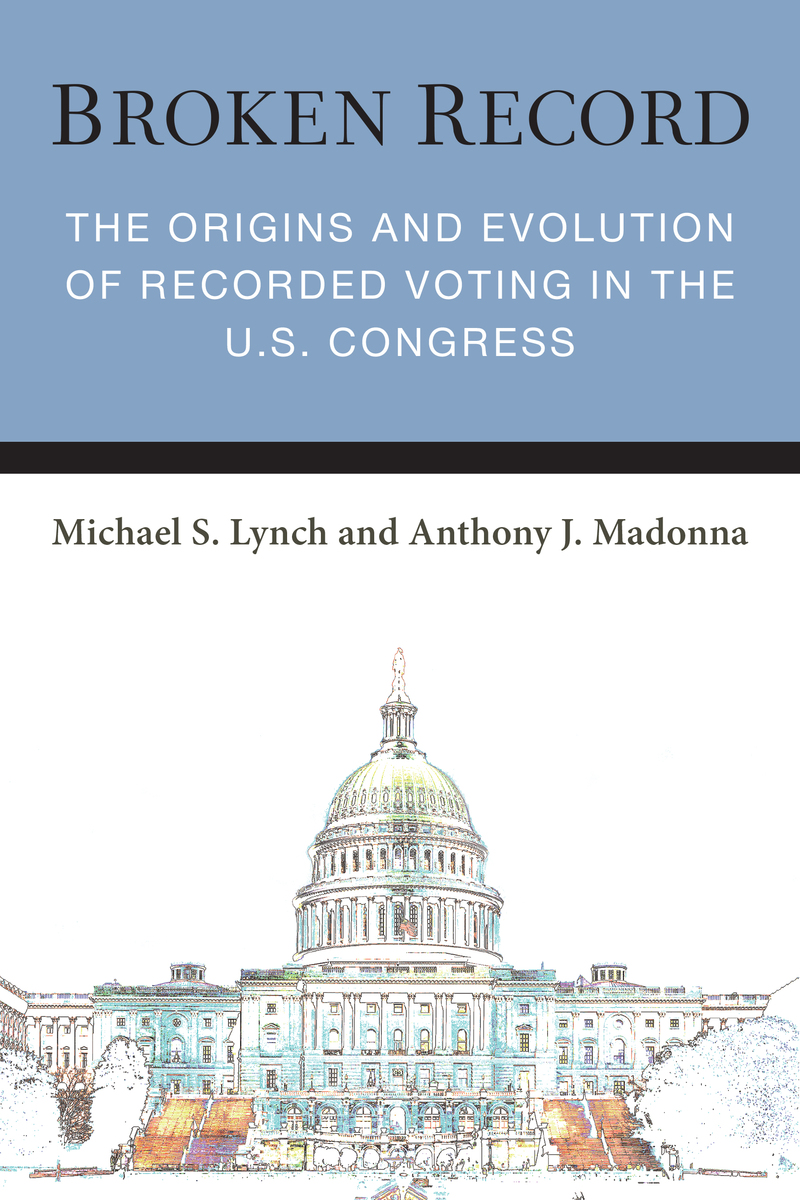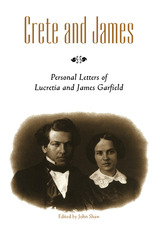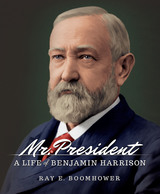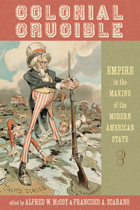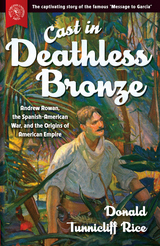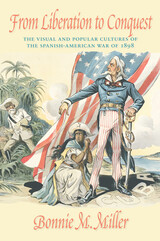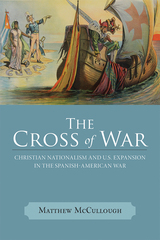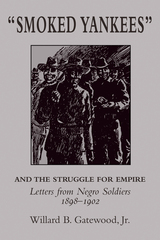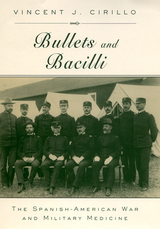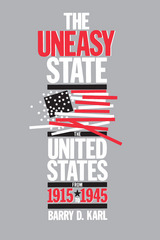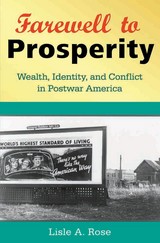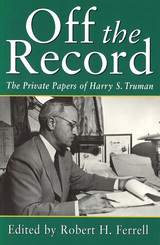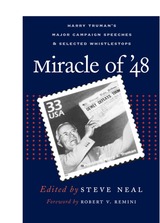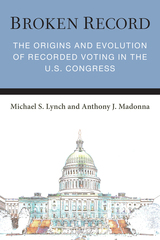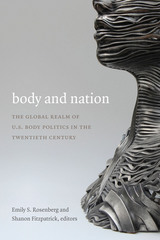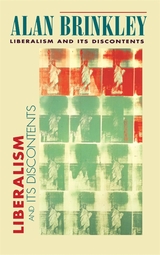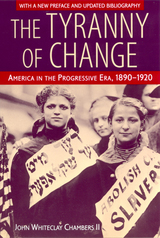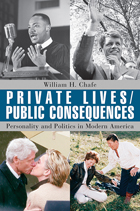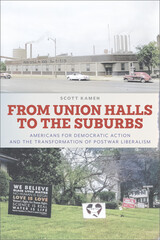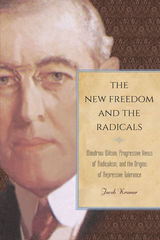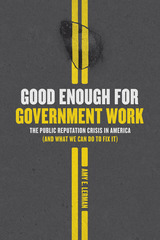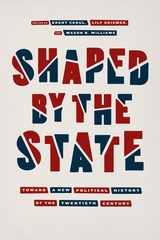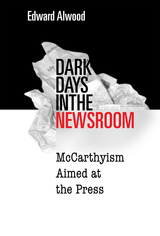Broken Record: The Origins and Evolution of Recorded Voting in the U.S. Congress
University of Michigan Press, 2025
Cloth: 978-0-472-07747-2 | Paper: 978-0-472-05747-4 | eISBN: 978-0-472-90506-5 (OA)
Library of Congress Classification E743
Dewey Decimal Classification 324.9730933
Cloth: 978-0-472-07747-2 | Paper: 978-0-472-05747-4 | eISBN: 978-0-472-90506-5 (OA)
Library of Congress Classification E743
Dewey Decimal Classification 324.9730933
ABOUT THIS BOOK | AUTHOR BIOGRAPHY | REVIEWS | TOC | REQUEST ACCESSIBLE FILE
ABOUT THIS BOOK
Since the 1920s, the roll call voting record has influenced American politics. Using recorded votes, candidates attack electoral opponents, interest groups attempt to drum up financial or electoral support for their preferred candidates, scholars test theories of legislative behavior, and the media characterizes the ideological leanings of Congress. Despite this, there has not been a systematic attempt to document the changing usage of the roll call record. Michael S. Lynch and Anthony J. Madonna have undertaken a massive, multiyear data collection effort that culminated in four new datasets covering from 1905 to the contemporary period. Using data on approximately 120,000 amendments, 60,000 roll call votes, 2,000 important enactments, and 8,000 special rules from 1905 to 2015, the authors demonstrate how the roll call recording system has evolved.
Consistent with the Founders’ skepticism of the impact of recorded voting in Congress, Broken Record shows that the contemporary roll call voting record includes far more meaningless position-taking and procedural roll call votes than it did during earlier congresses. The book argues that the removal of practical barriers to roll calls, internal changes to legislative procedures, and increased electoral competitiveness have led to more roll call votes on proposals sponsored by more extreme members. In addition to policy making being more difficult, increased roll call voting has played a substantial role in artificially increasing observed levels of polarization. This book argues that solving polarization requires a more nuanced set of solutions than simply replacing legislators; it will require increased public education about how Congress operates and specific procedural reforms.
Consistent with the Founders’ skepticism of the impact of recorded voting in Congress, Broken Record shows that the contemporary roll call voting record includes far more meaningless position-taking and procedural roll call votes than it did during earlier congresses. The book argues that the removal of practical barriers to roll calls, internal changes to legislative procedures, and increased electoral competitiveness have led to more roll call votes on proposals sponsored by more extreme members. In addition to policy making being more difficult, increased roll call voting has played a substantial role in artificially increasing observed levels of polarization. This book argues that solving polarization requires a more nuanced set of solutions than simply replacing legislators; it will require increased public education about how Congress operates and specific procedural reforms.
See other books on: Legislative Branch | Origins | Reform | United States. Congress | Voting
See other titles from University of Michigan Press
